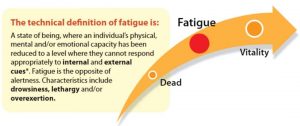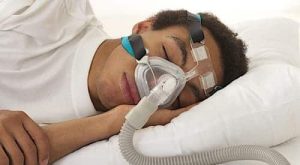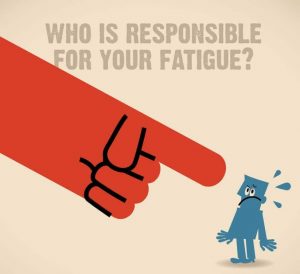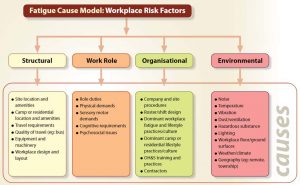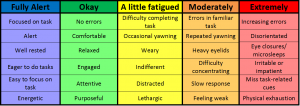Knowledge Centre
Search the library of resources and FAQs to help answer any fatigue questions or ask an expert any specific question you may have relating to the prevention and treatment of workplace or personal fatigue risks.
Topics
Intro to Fatigue
Develop a basic awareness of all the factors influencing an individuals risk of fatigue.
Sleep
Develop a basic awareness of all the factors influencing an individuals risk of fatigue.
Exercise
Develop a basic awareness of all the factors influencing an individuals risk of fatigue.
Mental Health
Develop a basic awareness of all the factors influencing an individuals risk of fatigue.
Nutrition
Develop a basic awareness of all the factors influencing an individuals risk of fatigue.
Journey Management
Develop a basic awareness of all the factors influencing an individuals risk of fatigue.
Family
Develop a basic awareness of all the factors influencing an individuals risk of fatigue.
FAQs
Develop a basic awareness of all the factors influencing an individuals risk of fatigue.
You currently don't have access to the full Knowledge Centre, Ask An Expert and Frequently Asked Questions. To access these features sign up today
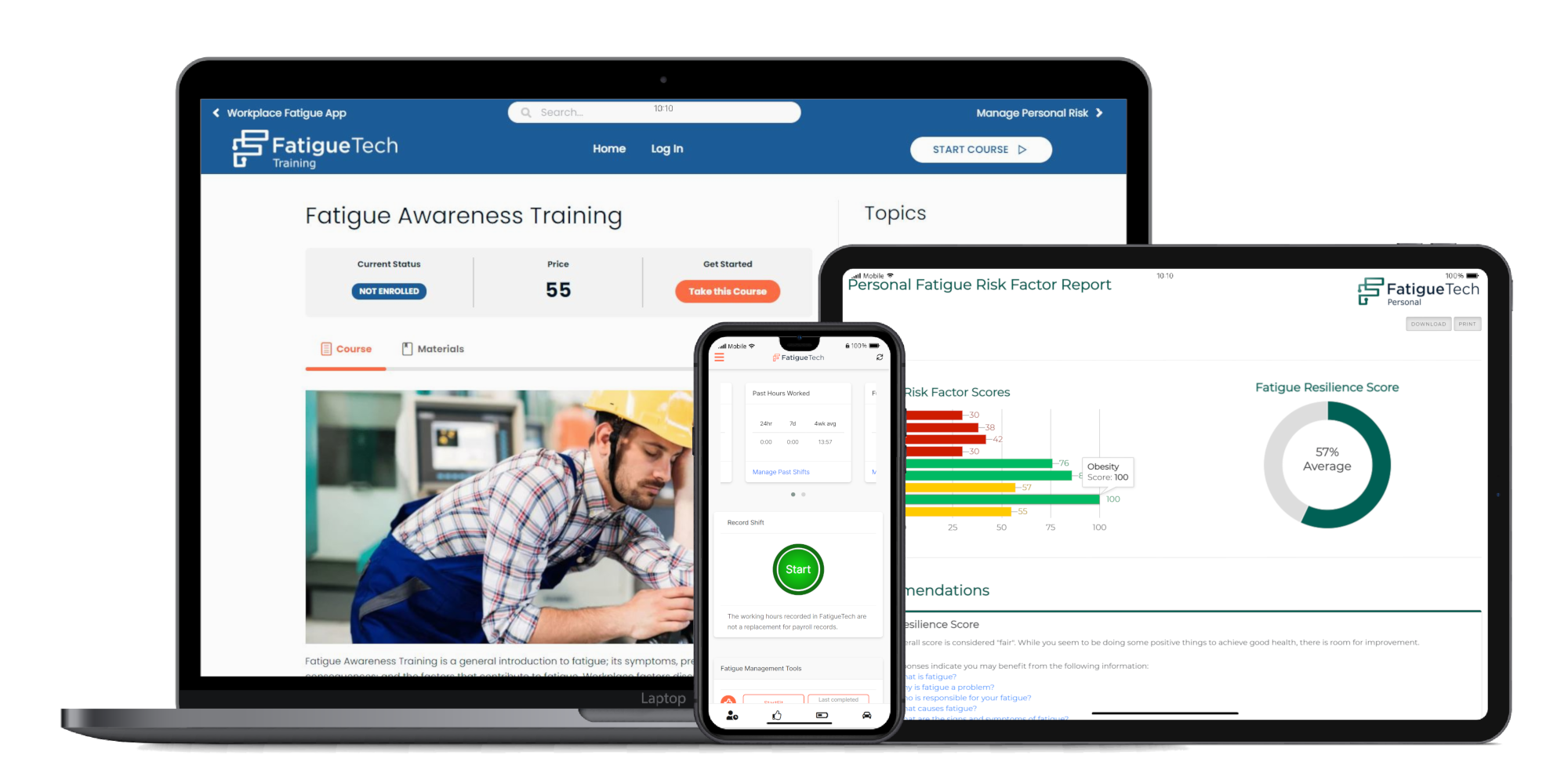
Become a member
To gain access to the FatigueTech suite of products and services click Sign Up to begin your journey.
All fatigue resources
Should burning fat kilojoules be my goal?
NO – burning energy whatever its source should be the major goal of exercise when trying to lose body fat. The reason is that 37,000 kilojoules of energy equals one kilogram of fat. So if we eat an extra 37,000 kilojoules in a week we would gain a kilogram and if we eat 37,000 fewer……
Read MoreExercise and physical activity. How to finding the balance
Active living is a way of life in which physical activity and exercise are valued and integrated into daily life in a fun and enjoyable way. In other words, seeing physical activity as an opportunity not a chore. Remember being busy does not necessarily mean that you are active! Physical activity is any body movement……
Read MoreWhat is fatigue?
Fatigue is not a condition, but rather a symptom of many different situations, illnesses or conditions and can be defined quite simply as a feeling of weariness, tiredness, or lack of energy. The presentation of fatigue can be unpredictable and its causes diverse, making its management difficult. One thing is for sure: that each and……
Read MoreNapping
Effective napping is a skill, which cannot be achieved by everyone. Napping cannot replace sleep, but can assist in times of sleep debt, extreme tiredness and/or when heightened alertness is required for your safety, such as driving a car. Naps may improve subsequent performance and alertness for a period of time, ranging from 2 to……
Read MoreWhy is fatigue a problem?
The consequences of fatigue are unpredictable. They can range in severity and should not be taken lightly. The simple act of falling asleep may result in something as harmless as lost production, but it could also cause an accident or catastrophic event, whereby you may injure or kill yourself and/or others! Fatigue typically leads to……
Read MoreSleep Disorders
It is estimated that 6% of the population suffer from sleep disorders. Sleep disorders may make some health conditions worse such as, heartburn, depression, asthma and heart disease. Sleep disorders are diagnosed by a GP or sleep specialist. If you are experiencing poor sleep and have some of the following symptoms, you may want to……
Read MoreWho is responsible for your fatigue?
Fatigue affects everyone, at some time or another!…making US ALL responsible! When someone is fatigued, who is the first person to experience the effects? That’s right…you are! You will experience the adverse effects of fatigue long before you have a fatigue-related incident. Anyone who has fallen asleep at the wheel will have felt the effects……
Read MoreExercise and sleep
Regular exercise can considerably improve the quality and quantity of sleep, as well as, having other benefits to general health and wellbeing. Exercise improves sleep by improving the release and uptake of neurotransmitters in the brain. This provides a positive environment for the brain to function allowing sleep to occur more naturally.There are some considerations……
Read MoreWhat causes fatigue?
Fatigue is caused by a range of different factors. It is usually not just one factor but a combination of factors that will explain someone’s fatigue. Being able to characterise the symptoms will enable you to identify the underlying cause/s of your fatigue and take action to increase your fatigue resistance. The Fatigue Cause Model……
Read MoreMood and sleep
It’s no surprise that sleep, or a lack of sleep, affects our mood. One sleepless night will cause most people to be more irritable, short-tempered and stressed. After a good night’s sleep, your mood often returns to normal. Whilst sleep does affect mood, mood also affects sleep. People suffering anxiety or stress will experience agitation,……
Read MoreWhat are the signs and symptoms of fatigue?
Some of the key signs to look out for are listed below. Drowsiness is an impaired awareness associated with a desire to sleep and signs include:errors in familiar tasksrepeated yawningdifficulty keeping eyes open, head nods, microsleepsirritability or impatiencememory loss or forgetfulness (e.g. not being able to remember the last 5min driving)difficulty concentrating/Dream-like thoughtsblurred visions, heavy……
Read MoreAssessing your Fatigue
Your personal safety, and the safety of those around you, is dependent on three factors when it comes to fatigue: recognition that you are feeling fatigued;understanding the potential consequences of an accident whilst doing the task; andtaking action to manage your fatigue. You may be able to do some tasks during times of fatigue if……
Read More


